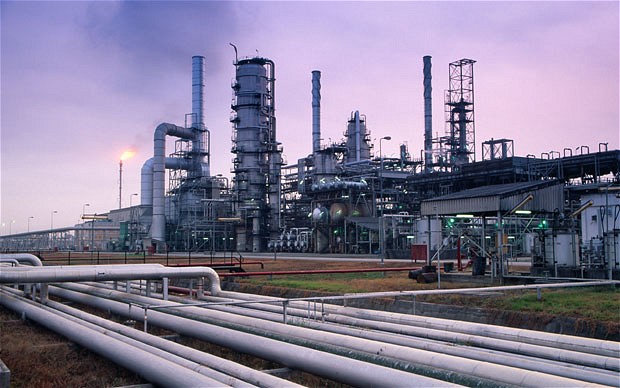BRENT, the crude against which Nigeria’s oil is priced, crossed the $105/barrel price on Tuesday, as it rose to the highest price ever recorded since about 14 years following the ongoing war in Ukraine after it was invaded by neighbouring Russia.
In order to gain from the rising price of crude, the Nigerian National Petroleum Company Limited on Tuesday vowed to increase Nigeria’s oil production, as the country had not been meeting its OPEC crude oil production quota lately. Early last month, OPEC increased Nigeria’s crude oil production target for the month of March despite the fact that the country had been missing its approved monthly output targets.
OPEC raised Nigeria’s oil production target for March 2022 to 1.718 million barrels per day, indicating a marginal increase from the 1.701 million barrels per day target that was approved for Nigeria in February. The PUNCH had exclusively reported that Nigeria missed its crude oil output target for January 2022, pumping 1.46 million barrels per day against a target of 1.683 million bpd as approved by OPEC.
Oil jumps 3% on choked Russian supply as trade finance dries up
Meanwhile, Oil prices rose on Wednesday as sanctions on Russian banks following Moscow’s invasion of Ukraine hampered trade finance for crude shipments and some traders opted to avoid Russian supplies in an already tight market.
Brent crude futures climbed $3.55, or 3.4%, to $108.52 a barrel at 0135 GMT, scaling highs not seen since July 2014. U.S. West Texas Intermediate (WTI) crude futures were up $3.75, or 3.6%, to $107.16, after peaking at $107.55 in early trade, the highest since July 28, 2014.”Trade disruptions are starting to get people’s attention,” said Westpac economist Justin Smirk. “Issues around trade finance and insurance – that’s all impacting exports from the Black Sea.
The supply shocks are unfolding,” he said. Russian oil exports account for around 8% of global supply. At the same time, while Western powers have not imposed sanctions on energy exports directly, U.S. traders at hubs in New York and the U.S. Gulf are shunning Russian crude.” People are not touching Russian barrels. You may see some on the water right now, but they were bought prior to the invasion. There won’t be much after that,” one New York Harbor trader told Reuters.















